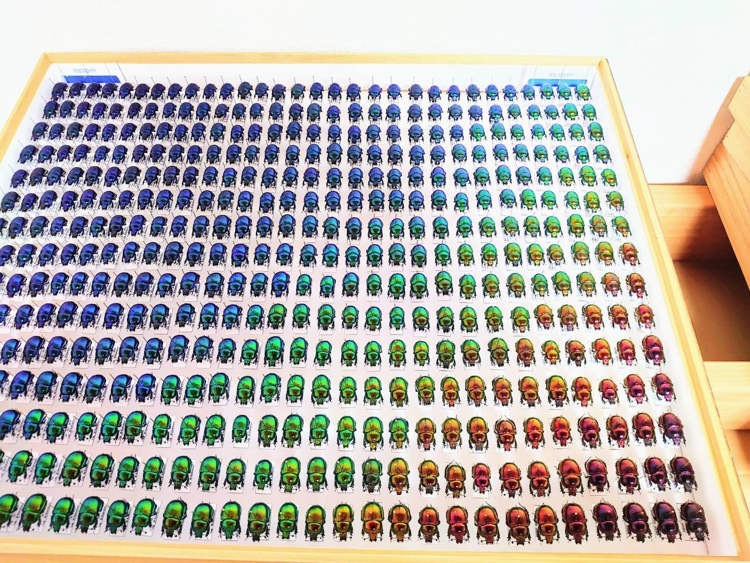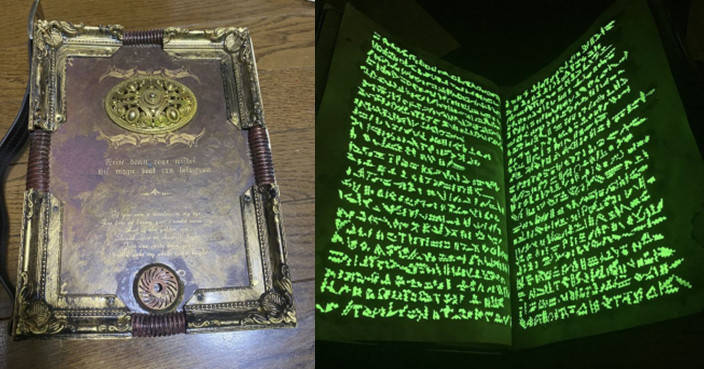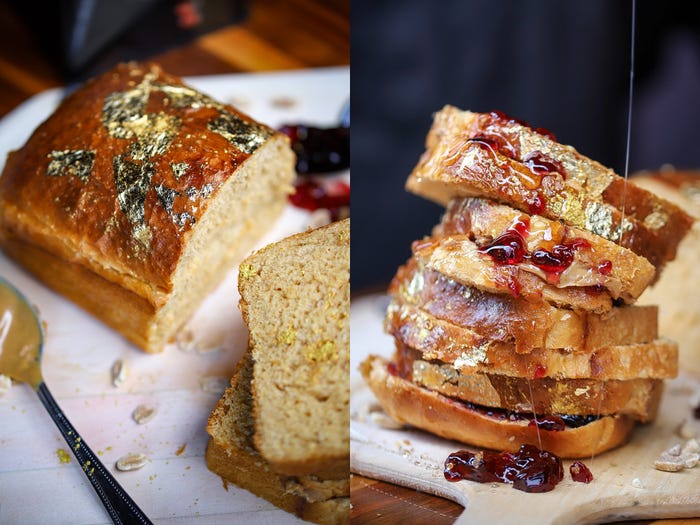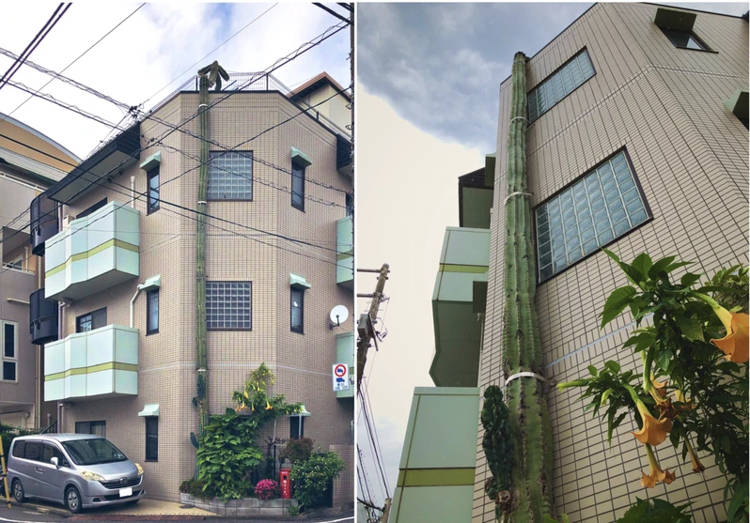Cash-for-cheese sounds more like a joke that a serious financial agreement, but in some regions of Italy it’s a reality. The famous Parmesan is so precious that some banks are willing to keep the cheese as collateral against loans to local producers.
The Credito Emiliano bank has hundreds of branches and thousands of employees around central and northern Italy. Its central offices look like those of any other banking institution, with cameras watching every angle, security doors to lock down the place and even a big vault in the back. Only you’re not going to find too many diamonds or hard cash stored in there. Instead, there are hundreds of thousands of Parmigiano-Reggiano cheese wheels, neatly placed on giant shelves. The bank takes the Parmesan from local producers in exchange for a cheap loan, and charges a 3% interest as well as a fee for looking after the cheese and making sure it matures properly in the air-conditioned, humidified vault. It might seem strange, but Credito Emiliano treats Parmigiano-Reggiano like other banks do gold. And for good reason, as the mountains of cheese locked away in its secured vault are worth around $200 million.
Photo: Consorzio del Formaggio Parmigiano-Reggiano
Italy has faced the worst economic recession since World War II and banks like Credito Emiliano have helped many Parmesan producers keep their businesses from going bankrupt. The problem with this traditional Italian cheese is it takes two years to age and be ready for market. That creates a cash flow problem and makes it difficult for producers and dealers to buy more milk and pay employee wages. So the bank takes the cheese as collateral and supplies business owners with the finances necessary to keep production going. It’s a win-win arrangement which keeps the Parmesan industry alive during hard times. Producers are happy to get as much as 80% of the value of their cheese at a small interest rate, and the bank doesn’t risk much, because if a client defaults it can sell the cheese and still make a profit.
Photo: Eating.be
Credito Emiliano has been loaning cash for cheese since 1953. Throughout the years, it has considered taking other food products, like olive oil and prosciutto as collateral, but they were harder to store and brand. Parmigiano-Reggiano, also known as the Prince of Parmesans, is a lot more valuable, as each of the giant wheels contains the equivalent of 550 liters of milk. It’s one of Italy’s biggest exports , bringing in over 1.5 billion euros. So it makes sense for the bank to ensure the Parmesan ages properly in its vault. Specialized personnel turn the wheels several times a week, checking if they’ve gone soft, and master testers tap them with small metal hammers, cheeking for hollow sounds that would indicate they are “duds” and should be discarded. After a year, the cheese wheels are branded with the parmigiano-reggiano logo, a serial numbers and tags. Although it rarely happens, when a client fails to pay off the loan, the bank sells the Parmesan to recover its investment, returning any difference to the producer.
According to Credito Emiliano officials, the cash-for-cheese arrangement accounts for only 1% of the bank’s revenue, but it’s an important way of keeping Parmesan makers in business and the local economy going. But the tens of thousands of Parmesan cheese has made the bank a target for bank robbers. They’ve hit the vault three times so far. The last time they tunneled into one of the special warehouses and made off with 570 heavy wheels. Luckily, they were apprehended before they had a chance to grate it.















